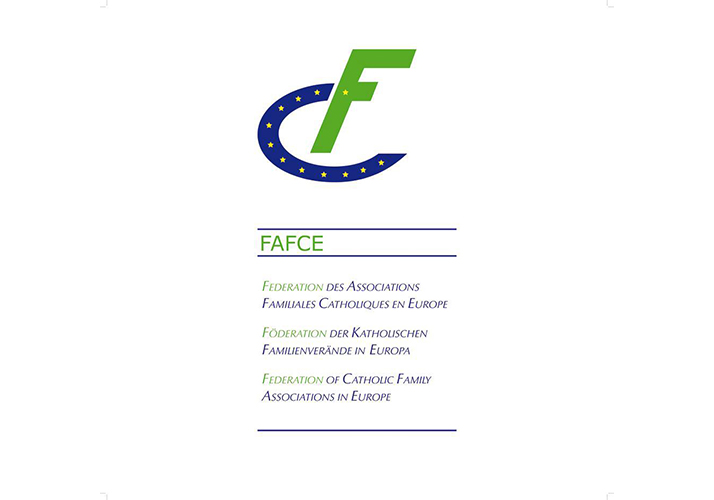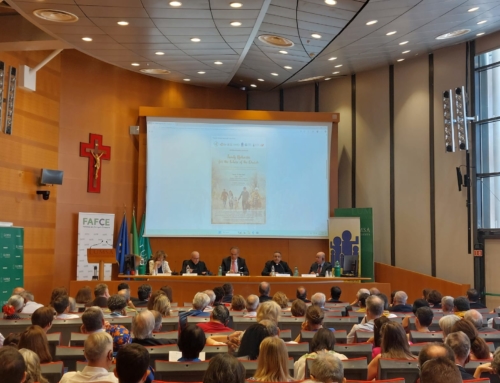Brussels, 3 December 2014
On the occasion of the International Day of People with Disability (3 December), FAFCE together with more than 100 organisations representing several million citizens in EU Member States are calling upon the President of the European Commission, Jean-Claude Juncker, to withdraw the proposal for a fifth Equal Treatment Directive. Originally intended to remedy specific discrimination against disabled people, it has since become an instrument to advance many other wide-ranging political objectives. The signatories of the open letter are worried that the proposed Directive, if adopted, would limit the fundamental civil rights of all European citizens in a grave and harmful way – particularly the freedom to carry out diverse and targeted professional, economic and service activities without being afraid of being accused of discrimination.
In an open letter addressed to President Juncker, and in accordance with his order “to discuss, within the first three months of the mandate, with the European Parliament and the Council, the list of pending legislative proposals and to determine whether to pursue them or not, in accordance with the principle of ‘political discontinuity’”, signatories are urging the President and his Vice-President Frans Timmermans to drop the problematic Directive, which has consistently failed over the past six years to obtain the unanimity required for its approval.
TheCommission’s original intention in proposing the Directive wasto remedy specific discriminations faced by people with disabilities in their daily life – not just in their area of employment. However, in 2008, bowing to political pressure, the Commission added religion or belief, age and sexual orientation as prohibited grounds to their proposal. Since then, the Directive has been used as an instrument to advance many other objectives. The result is that the Commission’s final proposal is a cumbersome and poorly drafted document, which regulates citizen’s private behaviour in an unprecedented way – without any demonstrated necessity – and multiplies the possibilities for conflict and confusion.
Especially troubling is the Directive’s use of vague words and malleable language (such as “discrimination,” “harassment,” “less favourable treatment”, etc.), which could eventually result in unpredictable interpretations – and produce unfavourable and negative consequences. Furthermore, adoption of the Directive as it now stands would greatly impact the work of ‘ethos-based’ institutions such as churches, confessional schools and associations.
Providing professional services and entering into contractual agreements, freely and without coercion, are important ways people interact in society. Citizens must remain free to do this – and must be allowed to differ in their choices, convictions and worldviews. The proposed Directive, however, would create abstract legal obligations, which would dramatically impact such voluntary arrangements. This could seriously undermine individual autonomy and social diversity, and would put each and every European citizen under a general suspicion of exhibiting discriminatory behaviour towards fellow citizens.
The signatories of the open letter to President Juncker strongly believe the EU should not adopt such a harsh, freedom-limiting law like the proposed Directive, especially when its many potential negative effects – limitations of basic civil freedoms, bureaucratic control of all private economic activity, disproportionate administrative and financial burdens placed on citizens – are much more likely than any possible positive outcomes. There are, instead, more suitable and less freedom-limiting instruments that can be used in order to address perceived injustices and inequalities in society. Therefore, the signatories of the open letter urge the European Commission to finally drop the proposed Directive and come up with better, more targeted remedies for real and demonstrated problems that citizens in the EU face.
The open letter can be downloaded here.
For more information about this initiative please contact Maria Hildingsson, Secretary General of FAFCE: m.hildingsson@fafce.org or +32 4 70 20 39 18.







